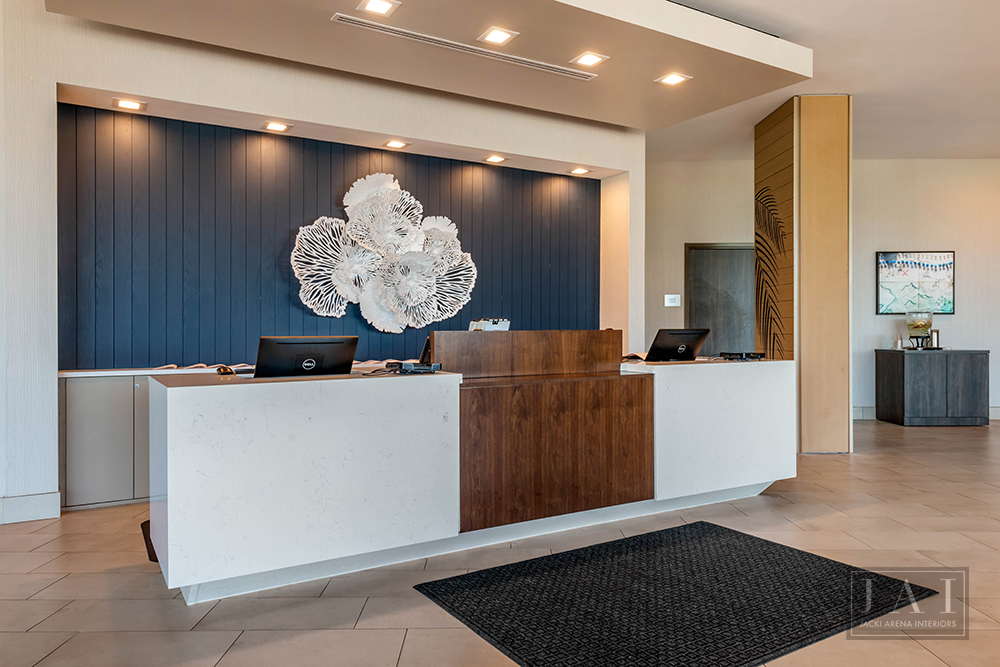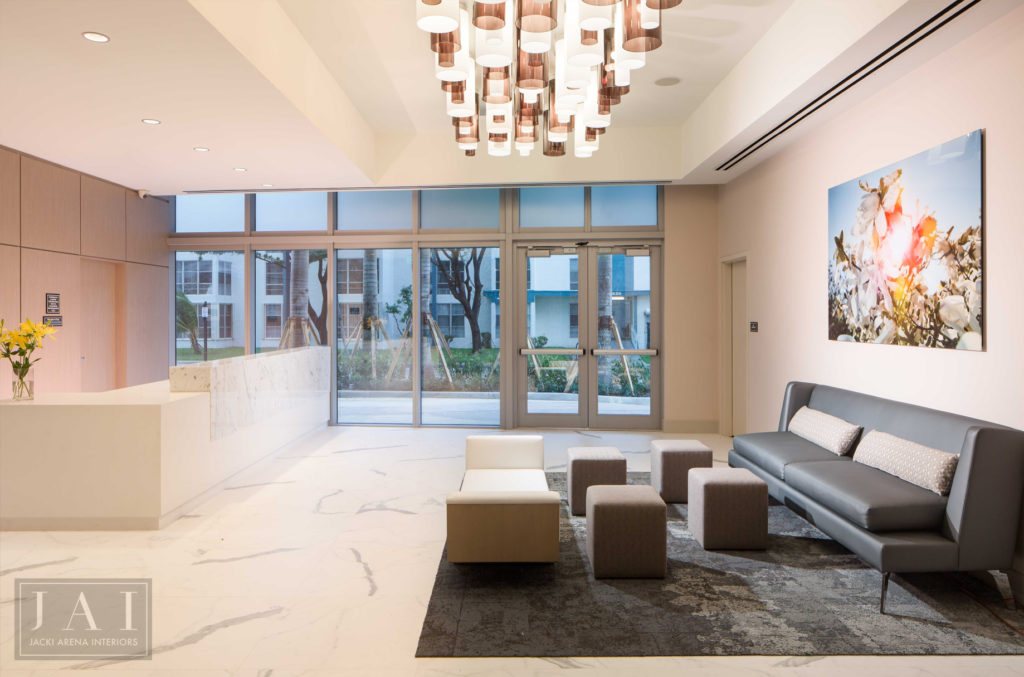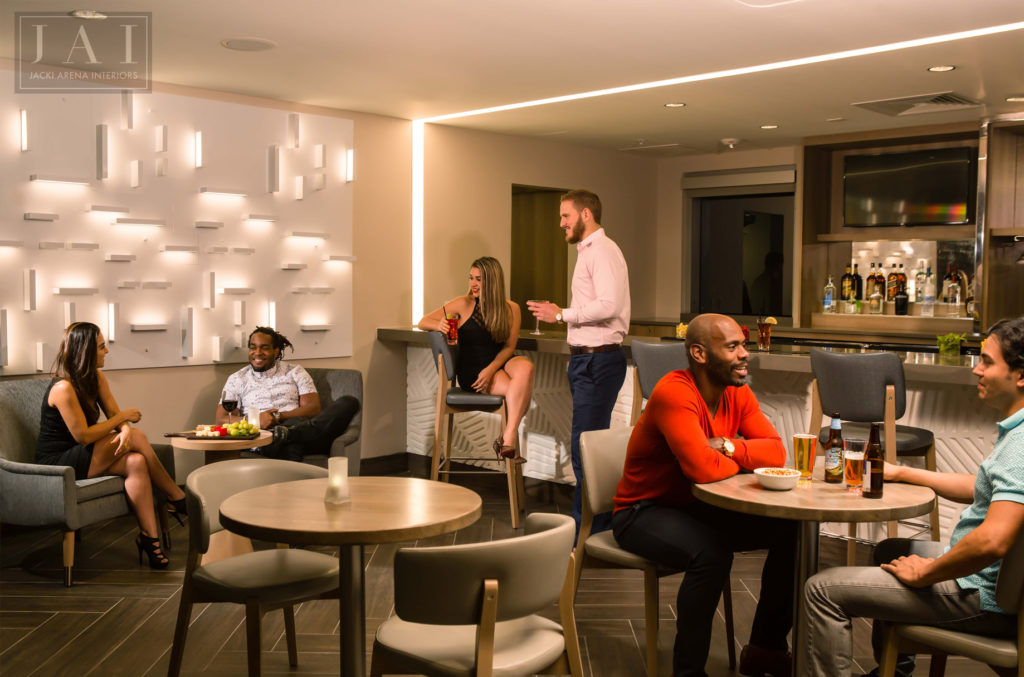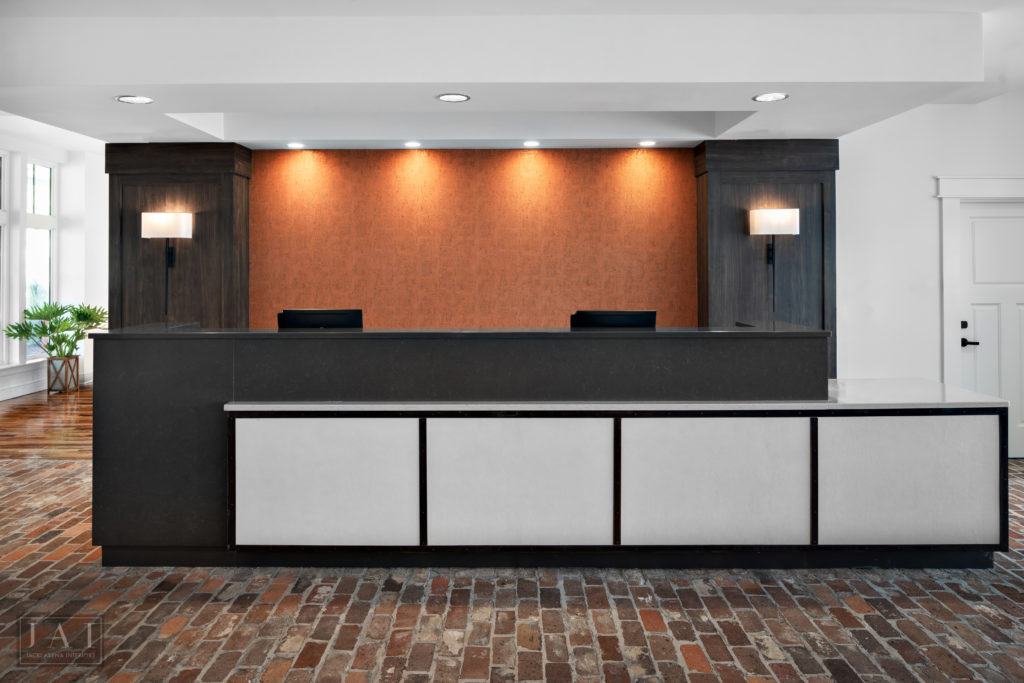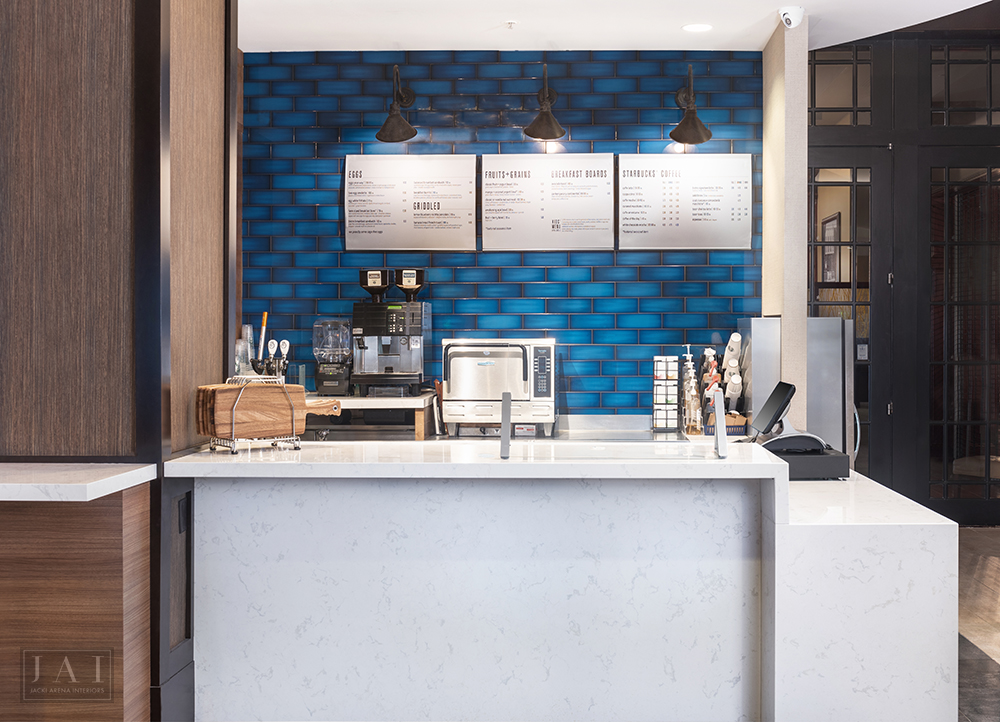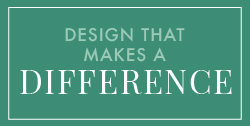“There is no doubt that this world we’re living in is driven by technology, but what I’m concerned about is the future of hospitality.”
-Monique Morrow, Technologist
Hospitality exists because of human interaction, and hotels need to make sure the lines between technology and humans don’t become too blurred. COVID has accelerated the race toward technology to create less interaction with potential health risks. Accommodations for more hands-free elements have been necessary to inspire consumer confidence and assured health standards.
Beyond health and safety, many hotels now use robotics to serve guests and ensure their needs are met. You can now walk into many guest rooms around the world and talk to AI. You can say, “I’m cold. Change the temperature.” “Turn on the TV to CNN.” Or “Play jazz music.” It’s all voice-activated and in your choice of language.
Some technologists have predicted that human interaction may not be significant to guests checking into their hotel. They believe that after a long, 10-hour flight, it’s easier to walk to a kiosk, check-in, and receive a “room key” on your smartphone. Hospitality owners are then left wondering if it makes sense to replace the reception experience with automation.
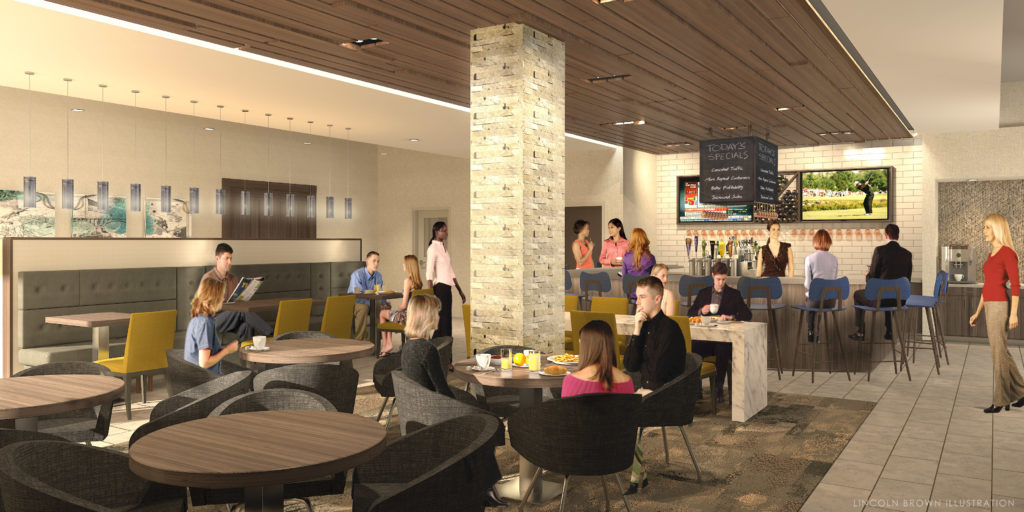
Can we live in a world of hospitality without human connectivity?
It is outstanding how advances in technology have enhanced the guest experience to make it more efficient, pleasurable, safer, and more accessible. Technology has changed the ways we communicate and spend our time. A decade ago, I wasn’t thinking about multiple, strategically placed power outlets, phone charging ports, Bluetooth in the bathroom mirrors, and augmented reality (AR) artwork in common areas and guest rooms.
But what happens to the hospitality industry when technology interrupts the emotional connection with the guest?
While technology is efficient, many guests still want someone greeting them at the front desk with a warm smile and a genuine, “How are you? Do you need anything?”
Hospitality is lost without human connection.
The future of hospitality is sure to include a combination of technology and humanity to provide choice guest experiences. If the industry leans too far toward technology, it runs the risk of losing empathy, which is at the very bedrock of hospitality.
Technology can never fully replace human connection. If anything, it creates a more substantial need for people to connect in the real world. As technology advances and becomes an even more significant part of our lives, it drives a more profound craving for empathy and belonging. Meaning and power come from connecting with other humans, and hospitality guests have an increasing awareness of their need for interaction and exceptional, personalized service.
Emotional connections start with design.
Effective design sparks an emotional connection between people and places. Emotions have always driven a guest’s reaction to the interior design of a hotel. Having spent the last two decades working exclusively in hospitality, I continue to steer our design plans toward the emotions and responses our clients want people to experience as they step into the hotel for the first time.
We believe that telling the human story is a valuable design component.
Though the market is constantly evolving, technology is rapidly advancing, and hospitality is an ever-changing industry, our clients rely on us to improve their appeal and refresh their offerings. Our designers are focused on how to craft spaces that create a sense of belonging between both humans and human-like technology.
JAI’s Design that Makes a Difference philosophy is rooted in considering how guests use each space and how every design decision impacts the lived-experience. You can trust our dynamic team of hospitality-exclusive designers to inspire human connection through our work. The JAI team is always on the lookout for new design challenges as we strive to create modern and vibrant hotel spaces that inspire emotion.

